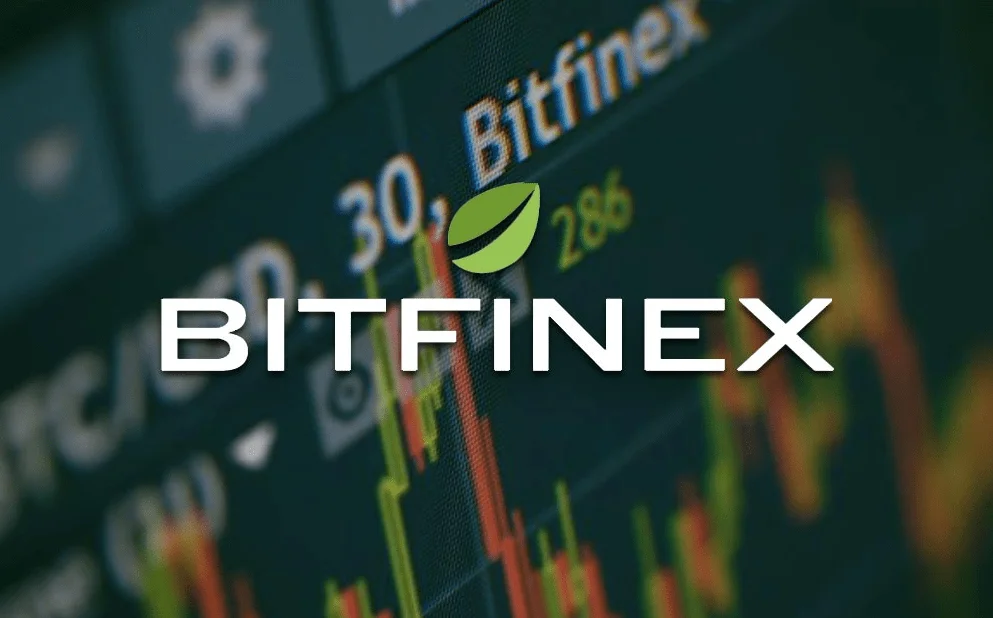Bitfinex, a cryptocurrency exchange, is prepared to put a new anti-money laundering (AML) tool to the test on its platform.

Bitfinex stated on Wednesday that it will be testing a new solution meant to help financial institutions comply with the “Travel Rule,” a new anti-money laundering/counter-terrorist financing guideline established by the FATF in 2019.
Bitfinex has teamed up with Notabene, a compliance company, to implement their software-as-a-service solution for identifying virtual asset accounts, tracking cross-border transactions, and complying with other broad responsibilities of Virtual Asset Service Providers (VASPs). The integration is designed to allow the company to maintain privacy while collecting and managing data pertaining to the Travel Rule.
The solution allows Bitfinex to share, send, and receive counterparty information alongside blockchain transactions to any counterparties using the same infrastructure, according to the statement. Tether, Bitfinex’s sibling firm that runs the world’s largest stablecoin Tether (USDT), has started using Notabene’s service as well.
Bitfinex and Tether’s chief technology officer, Paolo Ardoino, stated that Bitfinex and Tether have “always played a leading role in addressing new worldwide regulatory standards.”
Notabene has been conducting trials in a number of jurisdictions, including an early October pilot with the Financial Services Regulatory Authority of Abu Dhabi Global Market.
“With this new Guidance, the FATF increases the urgency while also recognising the real-world challenges that VASPs and Travel Rule service providers like us have brought to their attention over the last year.” “They’re now advising authorities to be flexible during the initial deployment,” Braendgaard explained.
According to Braendgaard, Travel Rule compliance is increasing every quarter, and large VASPs are expected to comply by the first or second quarter of 2022.
The FATF has been working on the crypto Travel Rule for more than two years, trying to improve it and make it fit the developing bitcoin business. The authority issued a review paper in February to update its Travel Rule guidance to include stablecoins and crypto peer-to-peer transactions.
